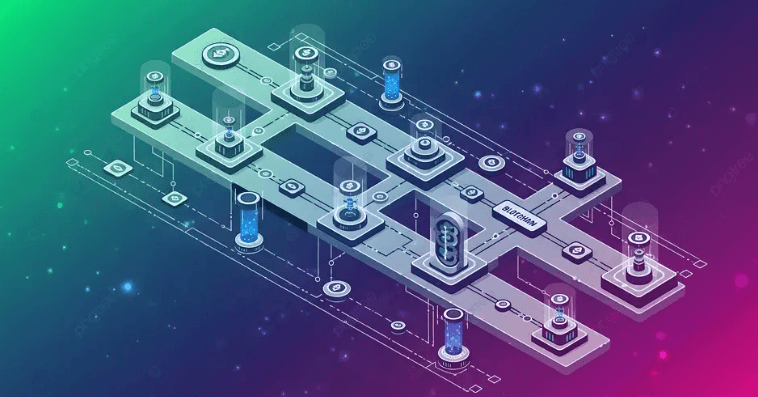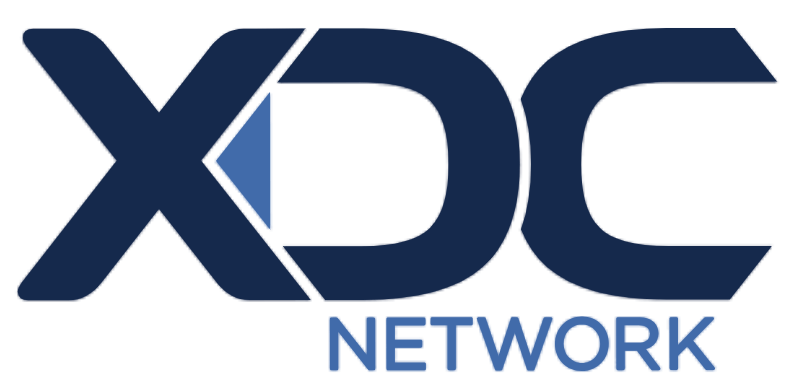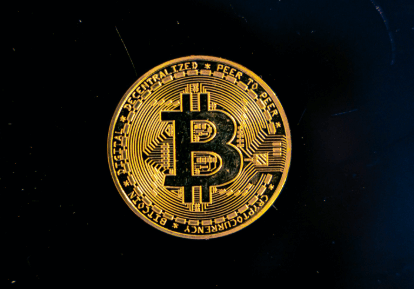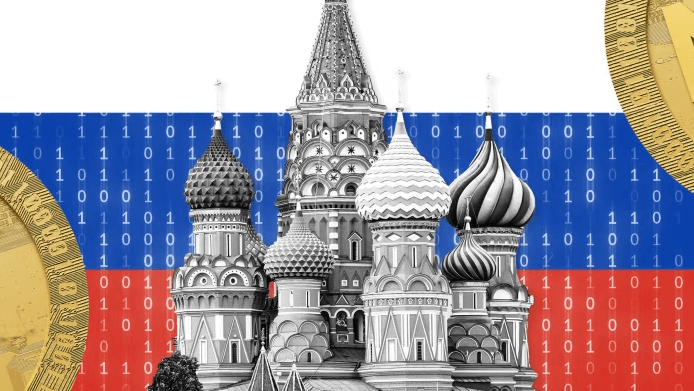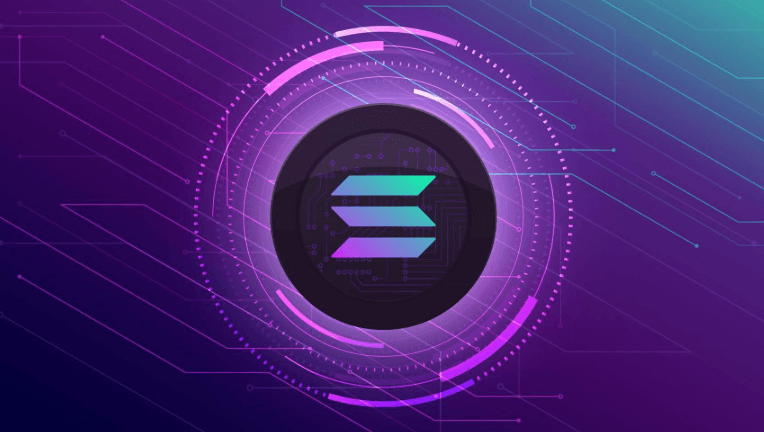Solana has emerged as a formidable competitor to Ethereum, offering faster transactions and lower fees. As the blockchain industry evolves, many are questioning whether Solana can surpass Ethereum and become the dominant smart contract platform.

Key Advantages of Solana
- Speed and Scalability
- Solana can process up to 65,000 transactions per second (TPS), far exceeding Ethereum’s current capabilities.
- Its Proof-of-History (PoH) consensus mechanism enhances efficiency and reduces latency.
- Lower Transaction Fees
- Ethereum’s gas fees fluctuate and can be expensive during peak usage.
- Solana offers significantly lower fees, making it an attractive choice for DeFi, NFTs, and gaming applications.
- Developer-Friendly Ecosystem
- Solana provides strong support for developers through easy-to-use SDKs and funding initiatives.
- Major projects like Serum, Magic Eden, and Star Atlas have chosen Solana over Ethereum for its speed and cost advantages.
Ethereum’s Strengths and Resilience
Despite Solana’s advantages, Ethereum remains the most dominant smart contract platform due to:
- Widespread Adoption: Ethereum has the largest developer community and the most decentralized applications (dApps).
- Security and Stability: Ethereum’s Proof-of-Stake (PoS) upgrade and Layer 2 scaling solutions (like Optimism and Arbitrum) improve performance while maintaining security.
- Institutional Trust: Ethereum is the backbone of DeFi, NFTs, and institutional blockchain adoption.
Challenges for Solana
- Network Outages: Solana has faced several network downtimes due to overload and technical issues.
- Centralization Concerns: Unlike Ethereum, Solana has fewer validators, raising concerns about decentralization.
- Regulatory Risks: Both blockchains face regulatory scrutiny, but Solana’s rapid rise may attract more oversight.
Can Solana Overtake Ethereum?
While Solana excels in speed and cost, Ethereum’s deep-rooted adoption, security, and upcoming upgrades solidify its dominance. Solana’s growth is undeniable, but it may serve as a strong alternative rather than a complete Ethereum replacement. The future will depend on technological advancements, adoption rates, and regulatory developments.




